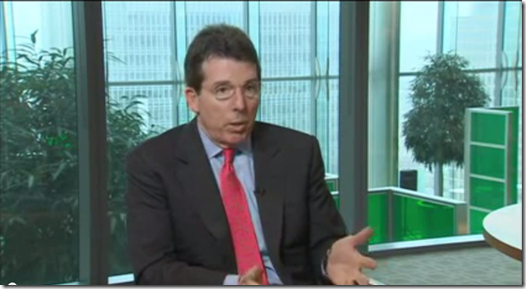Question Of The Week: March 1, 2011
This week’s question of the week comes from a reader e-mail:
“I know you had a section in a post a while back about reporters asking your personal opinions and how to handle it, but how about a post about a spokesperson’s personal opinions conflicting with that of the organization (or the organization’s supporters) in public?”
Great question, since almost everyone who’s been a spokesperson long enough has had to release news they disagree with. That can create a real moral dilemma – on one hand, you have a moral obligation to the company, organization, or agency that signs your paychecks. On the other hand, you have an obligation to honor your own moral compass.
So, here’s the question of the week: What should you do when you have to represent a viewpoint publicly that you disagree with personally?
Please leave your answer in the comment section below. And if this has happened to you, please share your story!
I’ll highlight a few of your comments on the homepage later this week. In the meantime, here are your answers to the last two questions of the week:
Should You Ask Reporters For the Questions Before an Interview?
What Should You Do When a Reporter Knows Confidential Information?


I was confronted with this recently. I work for an advocacy group and while I generally agree with most of the rhetorical and policy stances my group takes, there are a few which I differ on slightly. For several weeks, on my own time, I had worked on a project which dealt with the subject material that my group works in.
However, my project took some stances on positions which ran contrary to the stances of my group (which I, at times, serve as a spokesperson for). When I completed work on my project I wanted to try to promote it in some small ways, so I presented it to my boss, to give a “heads up.” It was also circulated to our team of consultants for review as well.
It was acknowledged that my group could not and would not be able to support my project (which I had anticipated and wasn’t really looking for). In the discussion our PR guru cautioned that, while serving as a spokesperson for the organization, my project could in some way make it back to the organization, if I promoted it.
For this reason and others, after much discussion with my boss, it was determined that any public push, or release of my project would not be desirable. While I was a bit frustrated that my time toward this project was already spent, it was a valuable lesson and experience for me.
Does anyone have a similar experience that turned out in a different way?
Hi Brad. Thank you for inviting comments on this question. My response assumes this is not a question of an ethical breach. As a spokesperson under a contract, whether employment or other, the duty is to represent the position of the organization. One should not offer one’s personal opinion. Depending on the concern, one could take a variety of steps if this is unpalatable, including attempting to better inform or influence the organization’s position internally if one believes a change in position is in the best interest of the organization; asking for a qualified colleague or media-trained subject expert to take on the particular file; or, if warranted, rethinking one’s affiliation with the organization and considering a career or client change.
Hi Brad! Hope you are well. As a matter of principle I think one shouldn’t be a spokesperson for an organization in which one doesn’t believe as it undercuts one’s credibility. The worst evolution of a PR professional is to be reduced to that of the stereotypcial “paid hack” – someone who merely says what they are paid to say – just topping short of being an actual puppet. =]